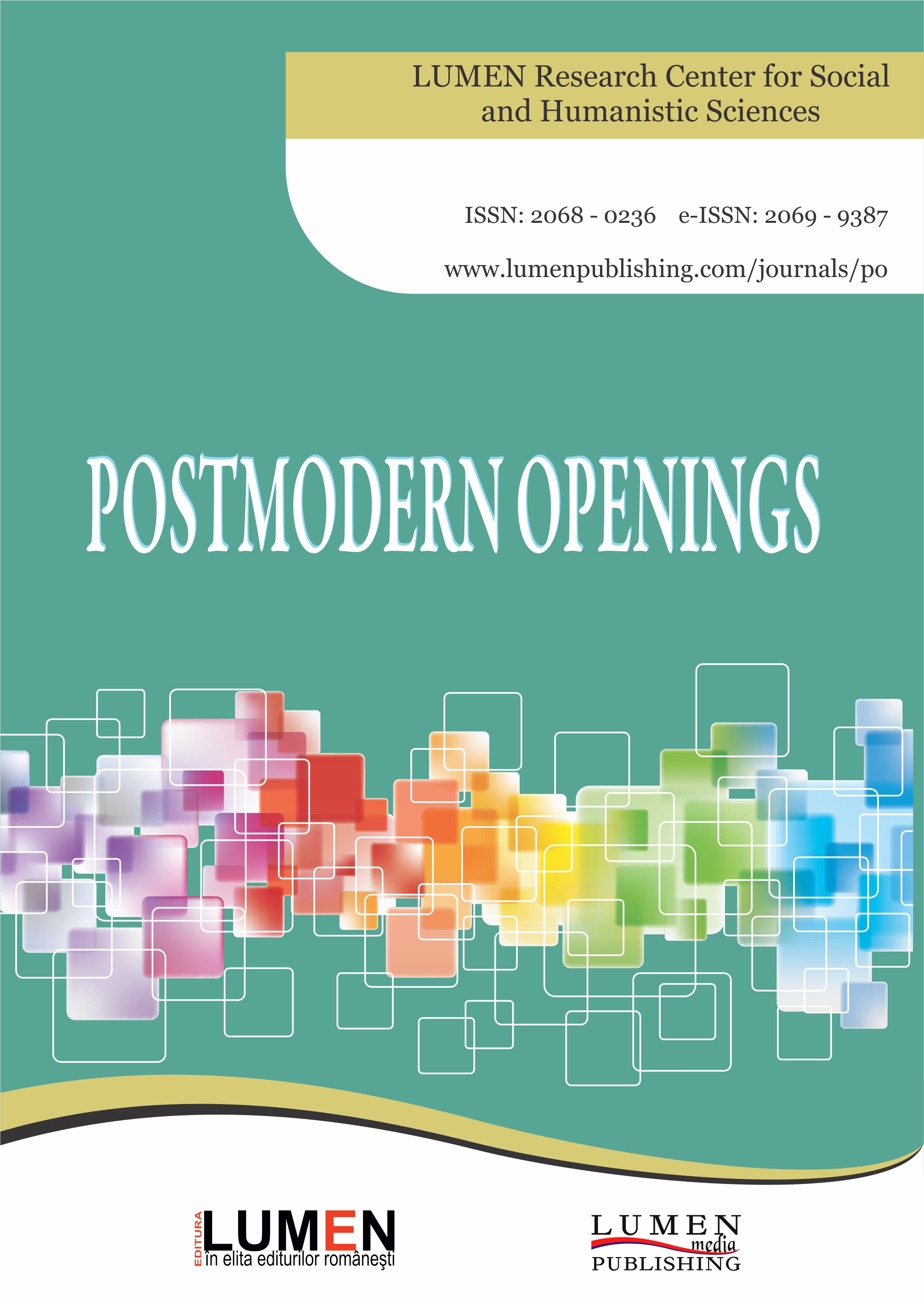Why Don't We Get Vaccinated? Some Explanatory Hypotheses of Vaccine Hesitation
Why Don't We Get Vaccinated? Some Explanatory Hypotheses of Vaccine Hesitation
Author(s): Viorel RotilăSubject(s): Social Sciences, Education, Sociology
Published by: Editura Lumen, Asociatia Lumen
Keywords: vaccine hesitation; pandemic; COVID-19; cognitive asymmetry; uncertainty;
Summary/Abstract: Because inappropriate built-in or managed vaccination campaigns, regardless of the causes of vaccine hesitation, can have side effects, the most important being the opposition to vaccination, the understanding of vaccination hesitation can have an influence on specific public policies. In this article we identify a set of possible explanations for vaccine hesitation, which can be used to assess situations, identify problems and adopt appropriate solutions. We highlight the fact that the vaccination hesitation is not just about vaccination, the approach of identifying explanatory hypotheses involves identifying all relevant frames of reference, all social areas that participate in establishing the appropriate interpretation context. The level of compliance with the rules could be an important explanatory hypothesis for the differences between different states in the share of vaccinated citizens. Other explanatory hypotheses: the structure of epistemic communities, community and individual cognitive resources on strategies facing the uncertainty and risk, distrust. We also assess the limits of using the deficit model. We keep in mind two cognitive asymmetries: inaction is perceived as less risky or responsible than action; the indecision is in a similar situation to the decision. Because the values that people adhere reflect their personal beliefs and convictions, and they guide the way they seek, receive, and interpret information, strategies to reduce vaccine hesitation should be based on verifying the compatibility of the intended outcome with individual values and to continue testing the various solutions to change the beliefs that contribute to the determination of vaccine hesitation or refusal.
Journal: Postmodern Openings
- Issue Year: 13/2022
- Issue No: 1 Sup. 1
- Page Range: 509-554
- Page Count: 46
- Language: English

